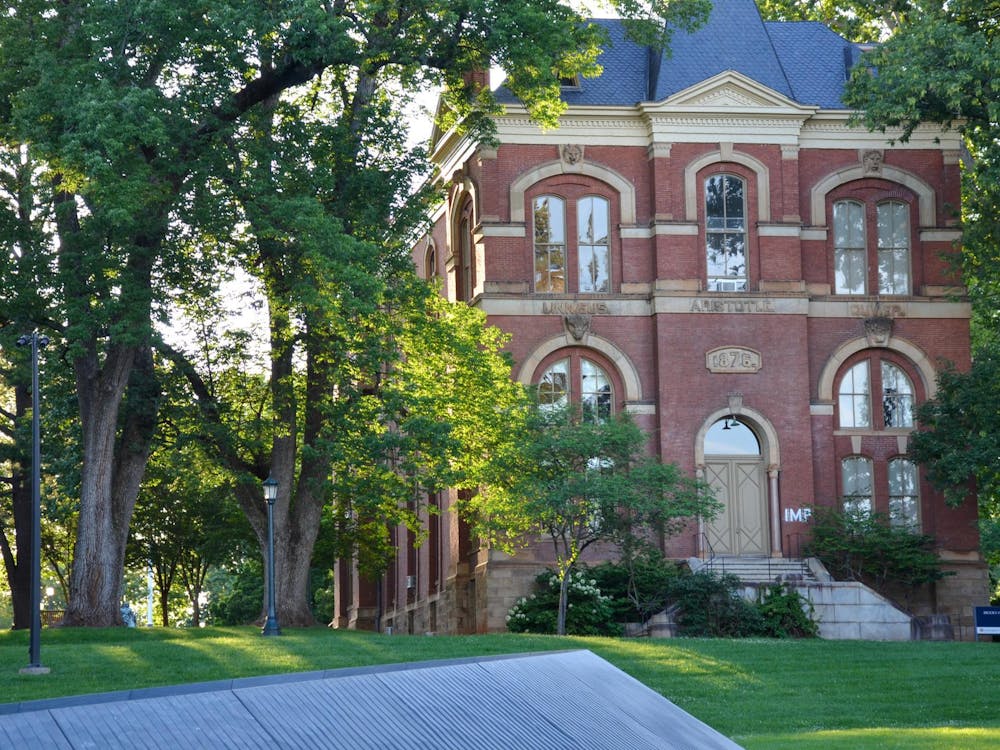University Mechanical Engineering Prof. Paul Allaire received a $4.2 million grant to help fight one of the deadliest diseases in the United States: congestive heart disease.
Allaire and Dr. Dan B. Olsen from the University of Utah are developing an artificial heart pump that will enable Americans with heart disease to live without having to wait for a donor heart.
The National Institutes of Health granted Allaire and Olsen $4.2 million in September. The NIH is part of the U.S. Department of Health.
Allaire said the NIH is very selective in giving grants.
"Getting a grant from the NIH means that the top people in your field in the world thought your grant proposal was worth funding and the feeling is pretty nice," he said.
Olsen had the idea for using magnetic bearings in an artificial heart pump in the fall of 1977, but it was so innovative that nobody would give him funding, he said. Olsen performed the first artificial heart transplant in 1982.
Olsen approached Allaire about designing the pump in 1988 because Allaire is the "world authority on magnetic bearings," he added.
Allaire and his team of graduate students are using their part of the grant to design the mechanics of the pump, while Olsen's team is concentrating on fitting the pump to the human body.
The heart pump will be more efficient than previous artificial heart pumps because it will have magnetic bearings. This means the moving part in the pump will be suspended magnetically and will have no contact with the non-moving part, Allaire said.
The simpler the pump, the less problems can occur, he said.
Now people with artificial hearts do not have much freedom because they constantly have lots of equipment attached to them, he added.
"Our objective," Allaire said, "is for victims of heart disease to lead a normal life."
About 2,500 people receive heart transplants every year. Between 180,000 and 250,000 people die each year because they need a heart replacement.
"Heart failure patients make up the biggest component of the health care budget," said NIH Deputy Director Dr. John Watson. Heart disease "is a big public health problem which is the reason for supporting this type of research"






